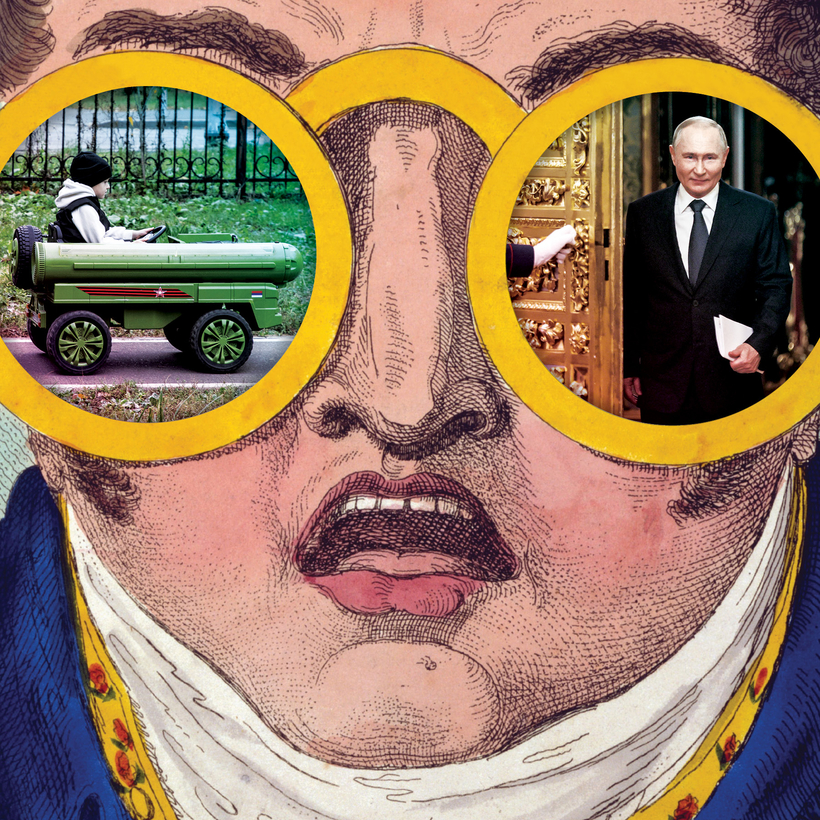Thirty-two months have passed since Russia started its full-scale invasion of Ukraine, and each week life in Moscow feels more and more fragmented. There is a war we are constantly reminded about yet, even when it encroaches on Russian territory, seems so far away that most of us do not seem to care. There is the other war, the war with our own government and our own inner demons. This one involves self-censorship, fear of informants, and the necessity to appear conformist to some extent.
Then there is the peace, “normal life,” everyday hustle: foreign products returning to market through resellers, businesses operating as if the supply chain were not endangered by combat, and emigrants returning home, mostly because they ran out of money.

